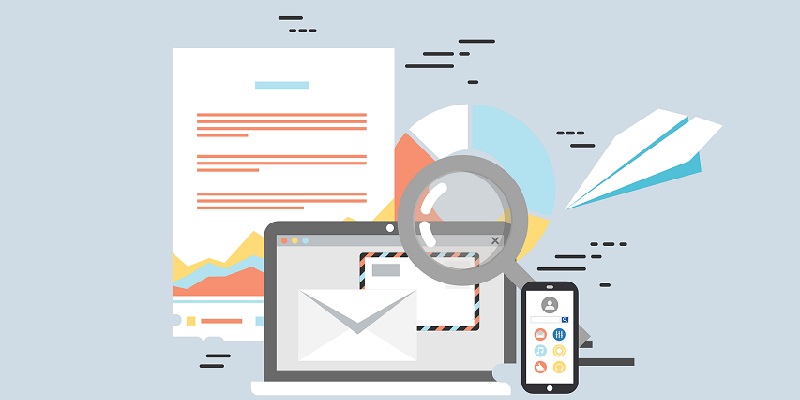In today’s digital age, where customers are constantly bombarded with advertisements and promotions, finding an effective marketing strategy can be challenging. However, email marketing continues to prove extremely beneficial to businesses that know how to make it work. With its ability to directly reach customers, email is a powerful tool for boosting sales when used correctly. In this article, we will explore the various aspects of email marketing and how businesses can utilize it to their advantage.
Build up your email list
The first step in a successful email marketing campaign is building up your email list. One of the most effective ways to do this is by leveraging the email addresses of existing customers. These customers have already shown interest in your products or services, making them more likely to engage with your email campaigns. By implementing sign-up forms on your website and during the checkout process, you can capture these email addresses and add them to your list.
Segment Your Customer Addresses
While having a large email list is beneficial, sending generic emails to all of your subscribers may not yield the best results. To increase the chances of your email campaign achieving success, it is important to divide your customer addresses into segments. Segmenting allows you to tailor your email content and offers to specific groups of customers based on their preferences, demographics, or engagement history. By doing so, you can deliver more personalized and relevant messages, increasing the likelihood of conversions.
Implement an email automation system
Managing and sending individual emails to each subscriber manually can be a time-consuming task. That’s where an email automation system comes in handy. By setting up an automation system, you can schedule emails based on relevant triggers, such as a customer’s birthday, an abandoned cart, or a specific date. This ensures that your subscribers receive timely and targeted emails without requiring constant manual effort on your part.
Create compelling and high-quality content
No matter how well-targeted your emails are, if the content is not compelling, they are likely to be ignored or deleted. The content of your emails should be carefully crafted to capture the attention of your subscribers and provide value. Consider including engaging visuals, personalized subject lines, and informative yet concise text. Furthermore, make sure your emails are well-designed and mobile-friendly, as a significant portion of emails are now read on mobile devices.
Foster customer loyalty
One of the advantages of email marketing is its ability to foster loyalty among recipients. Customers who have willingly shared their email address with you have already shown a level of interest in your brand. Take advantage of this by implementing customer loyalty schemes. Allow recipients to sign up for exclusive deals, promotions, or rewards that are only available to email subscribers. By creating a sense of exclusivity, you will encourage repeated engagement with your business.
Personalized recommendations
Another effective way to utilize email marketing is by providing personalized recommendations based on a customer’s previous engagement with your business and website. By analyzing their purchase history, browsing behavior, or product preferences, you can tailor your emails to include relevant recommendations. This not only increases the chances of conversion but also enhances the customer experience by showing that you understand their needs and preferences.
The Power of Email Marketing
Email marketing has the potential to significantly boost sales and generate excitement for your business. Unlike other marketing channels, emails have a higher chance of being seen and read by customers. With the right strategy, you can build strong relationships with your subscribers, keeping your brand top-of-mind. This, in turn, leads to increased customer loyalty, repeat purchases, and positive word-of-mouth.
In conclusion, email marketing continues to be an essential tool for businesses looking to grow and thrive in the digital landscape. By building up an email list, segmenting it for targeted campaigns, implementing automation, creating compelling content, fostering loyalty, and providing personalized recommendations, you can harness the full potential of email marketing to boost your sales and generate excitement for your business. Start investing in your email marketing strategy today and watch your business soar to new heights.

